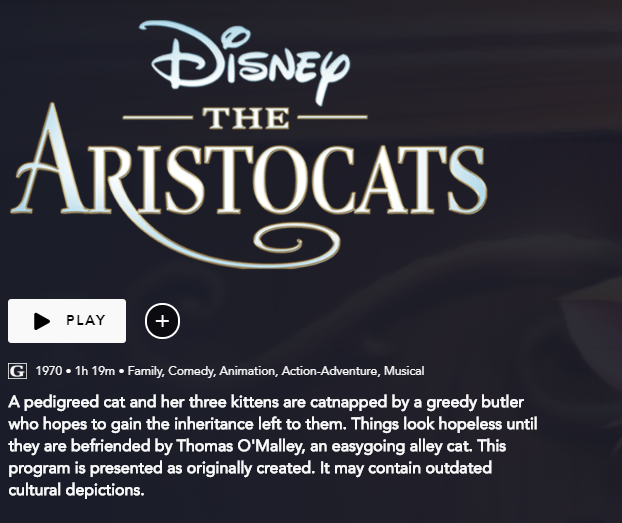The remaster of the nearly 30-year-old games is causing agitation in the community. Fans are divided on whether the developers made the right decision with a new content warning in the game.

Usually, remakes and remasters of older games are always a cause for joy among the fans of classic games. New versions of horror games like Resident Evil or action-adventures like Shadow of the Colossus and Demon's Souls have not only excited longtime fans but also introduced many new gamers to the greatest titles of all time.
Recently, the first 3 parts of Tomb Raider (1996-1998) were also modernized for current systems. However, the age of the games that made Lara Croft great is evident not only on a technical level. The way Crystal Dynamics, the developers of the originals and the remasters, dealt with outdated representations of the original is now causing controversy.
Tomb Raider 1-3 Remastered Includes A Content Warning
Upon starting the remastered version of the game, a text panel appears, indicating the portrayal of racial and ethnic stereotypes.
The games in this collection contain offensive depictions of people and cultures rooted in racial and ethnic prejudices. These stereotypes are deeply harmful, inexcusable, and do not align with our values at Crystal Dynamics.Rather than removing this content, we have chosen to present it here in its original form, unaltered, in the hopes that we may acknowledge its harmful impact and learn from it.
It is not further specified which parts of the game are meant by this, but one can assume that it refers to content from Tomb Raider III. The third installment depicts South Pacific islanders in stereotypical fashion, implying that tribesmen are cannibals, wielding axes and poison darts.
While such types of content warnings have been quite rare in video games so far, a similar approach is known from other forms of entertainment media. For example, many classic films on Disney+ include similar content warnings in their descriptions and when starting the films.

This program is presented as originally created. It may contain outdated cultural depictions.
Disney movies that contain such a warning include the Aristocats (1970) and Dumbo (1941), which also often are criticized for depicting racial stereotypes, similar to Tomb Raider.
The decision by Crystal Dynamics not to alter the content of the nearly 30-year-old games caused all kinds of reactions on social media. While part of the community does appreciate that the original content remains untouched, there have also been voices criticizing the developers for reproducing stereotypes and profiting from them.
"We don't accept any of this naughty stuff and think it's deeply harmful and inexcusable. But it's easy money just re-releasing it and we like money."Studios and corporations are just telling on themselves when they write out disclaimers like that.
— Pimp Master Broda (@PimpMasterYoda1) February 13, 2024
We have now entered an era where we are confronted with the consequences of the past, especially when we feel nostalgic and want to revisit some classic media. It may be alarming that films, books, and video games that are a few years old are increasingly being provided with content warnings like this. On the other hand, we can see it as a sign that we as a society are growing. Ultimately, there will surely not be the one right approach to this issue.
What do you think? Should older games with questionable content be rewritten, or is a text panel sufficient to indicate that representations are outdated? Write it in the comments!






























